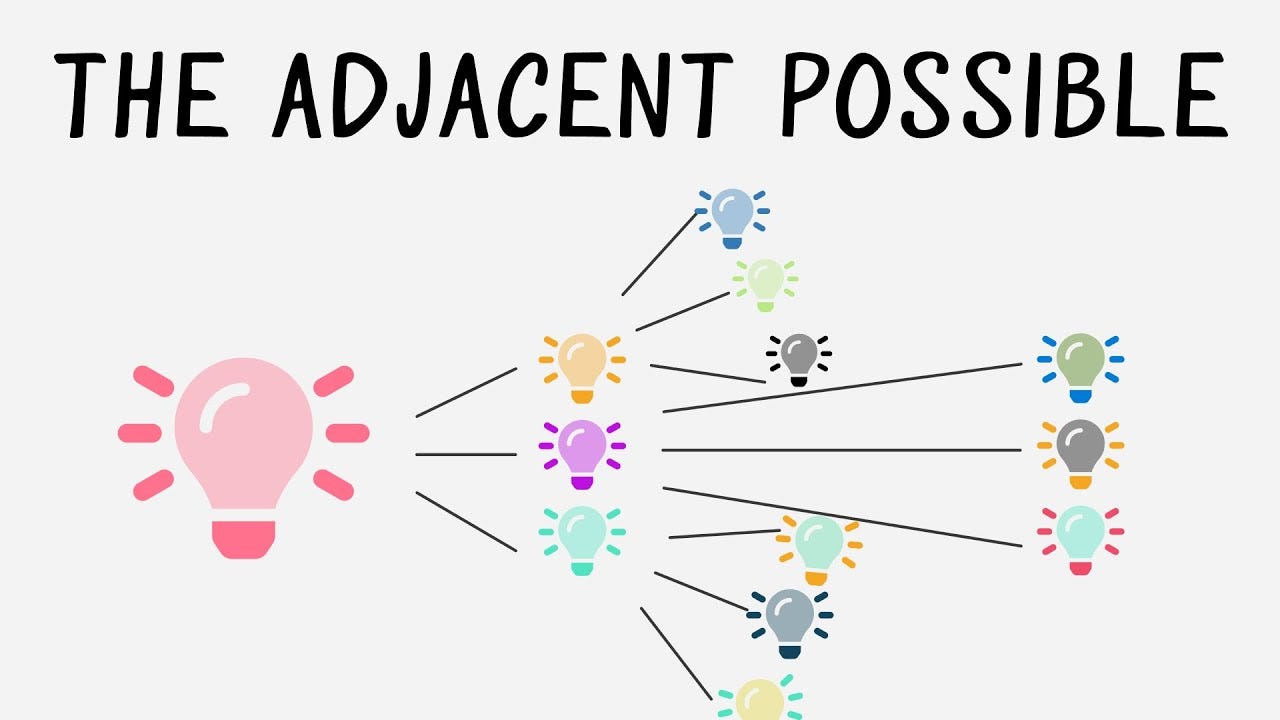For much of my life, the microscopic dance of electrons and logic gates inside computers remained invisible to me. It wasn't until I enrolled in a foundations of computing course at FractalU that I peeled back the layers. This ignorance is both a gift and a tragedy—it spares us the weight of understanding while obscuring the miraculous origins of our digital world.
In my quest to understand how a computer functions at its core, I felt compelled to explore the pioneers behind these marvels of modern ingenuity. Meet George Boole, a self-taught English mathematician who aimed to create a "universal mathematics of human thought." He sought to define the laws governing human reason with the same rigor that Newton's laws describe the physical world. His ingenious contributions—Boolean algebra—categorized truth and falsehood into the binary language of 1s and 0s. He introduced logical operations such as AND, OR, and NOT into his algebraic system. I find it fascinating how theories developed in academic isolation can traverse the corridors of time. For decades, his work remained confined to these ivory towers until a visionary came along to ground it in practicality.
Enter Claude Shannon, a bright graduate student at MIT, who first flirted with Boole's work during a philosophy class at the University of Michigan. Shannon saw beyond the lofty ambitions of a universal mathematics of thought. Instead, he recognized a toolkit for organizing the then-chaotic realm of electrical circuit design—a field that was more an art form than a scientific discipline at the time. In Boole's algebraic abstractions, Shannon found the perfect tool for representing the on-off states of electrical switches, sparking a timeless synergy between the two. The logical relationships that Boole defined found a tangible application: 1s became "on," 0s became "off," and switches could be systematically arranged to perform logical functions.
This interdisciplinary fusion between Boole and Shannon serves as a compelling argument for investing in foundational research, even when its commercial applications aren't immediately evident. Take lasers, stemming from Einstein’s quantum theory, or CRISPR technology, rooted in microbiological research on bacterial immune systems. The commercial viability of such discoveries was far from evident at inception. Yet, each scientific breakthrough expands the "adjacent possible," unveiling new avenues of opportunities and questions.
A single foundational discovery doesn't merely solve a specific problem; it opens an entire array of previously unconsidered questions and possibilities. Before Boolean algebra, applying pure logic to electrical circuits might have seemed incongruous. Yet this fusion revealed greater technological potential: digital computation, information theory, and the early inklings of AI. Boole’s work should be viewed as more than just academic indulgence; it represents pragmatic strategies for unlocking unforeseen futures.
I'm reminded of Francis Galton as I write this, a polymath who would undoubtedly consider these two men "public geniuses." He asserted that "a genius is a man to whom the world deliberately acknowledges itself largely indebted." This notion of a public genius urges me to wonder whether the responsibility to create a nurturing environment lies with us, not just as scholars but also as members of a democratic public. And creating such a fertile landscape seems to require interdisciplinary engagement. Would our world be awash in digital wizardry today if Shannon had confined himself to electrical engineering??
I'm in awe, not just of the underlying mechanics of my computer, but also of the rich history behind it. It's almost poetic—the allegedly dry, Boolean logic gates I'm studying in my foundations of computing class find their origin in the musings of a man who sought to understand the very laws governing human thought.




The idea of the "adjacent possible" reminds me of what Richard Hamming said about experts being too embedded in the paradigms of their field and that pivotal insights often come from outsiders:
"He observed most of the time any particular science has an accepted set of assumptions, often not mentioned or discussed, whose results are taught to the students, and which the students in turn accept without being aware of how
extensive these assumptions are...
Occasionally, usually because of the contradictions most of the people in the field choose to ignore or simply forget, there will arise a sudden change in the paradigm, and as a result a new pattern of beliefs comes into dominance..."
"In discussing the expert let me introduce another aspect which has barely been mentioned so far. It
appears most of the great innovations come from outside the field, and not from the insiders..."
!!